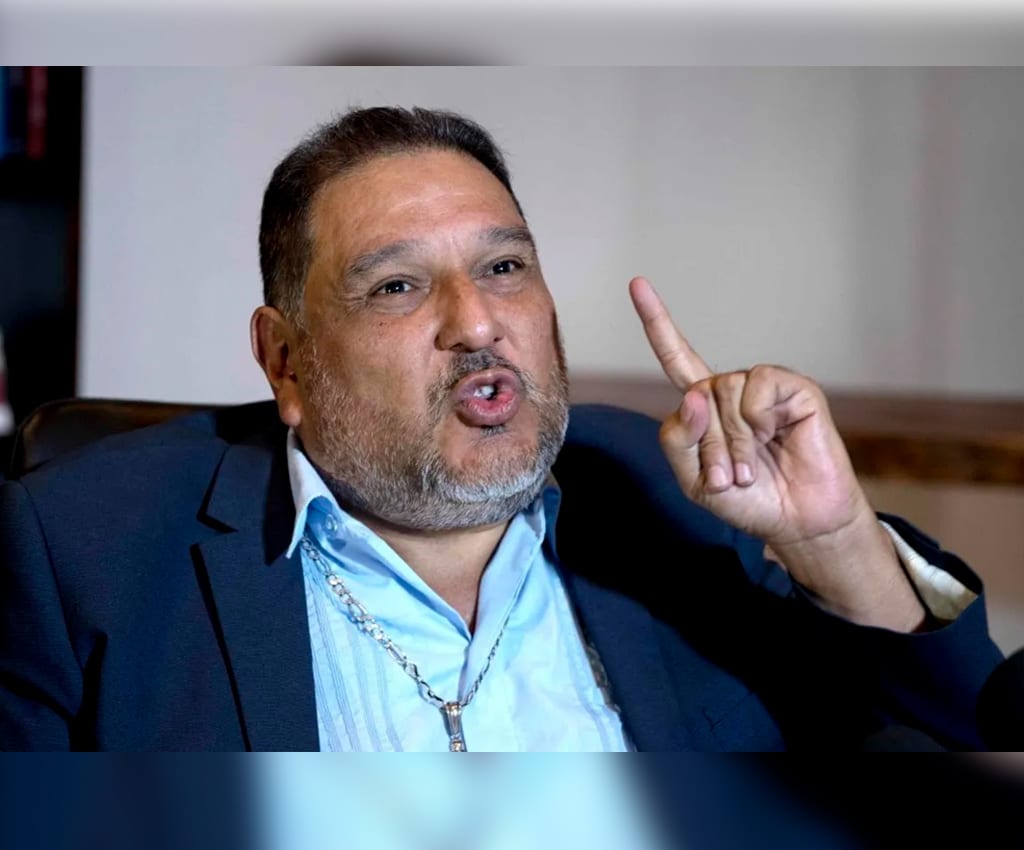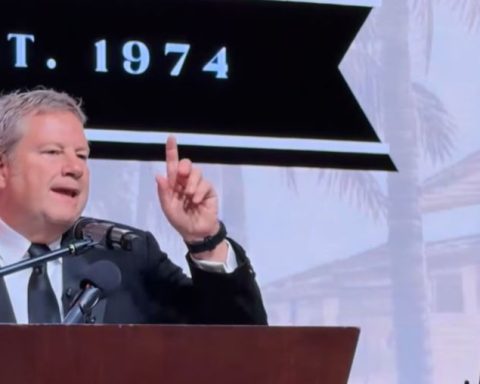yes
and someone has the interest or curiosity in reviewing the IFE’s propaganda in 2006 will confirm that, as never before, the agency specialized in electoral processes insisted ad nauseam on identifying that year’s election with democracy. To vote was to have democracy in your hands
.
In the long run, it was possible to turn this homologation into a surrogate model of what a democratic institutionality should be. Democracy is impossible in a capitalist system where the most atrocious inequality rules, although politicians and theorists such as David Held (Models of Democracy) insist on it on the so-called liberal democracy
.
We Mexicans have lived under the delusion of believing, since Madero triumphed in the 1911 elections, that effective suffrage –never, moreover, has been fulfilled– is equivalent to democracy. Reform after reform, the illusion has entrenched itself in the collective imagination.
Between the political reform of 1977 and that of 1996, which has had the greatest impact on public life in Mexico, six electoral reforms were enacted and two more after that (2007 and 2014). Its thematic emphases have been diverse: the autonomy of the body responsible for establishing the regime of parties and elections, the use of money in campaigns and the mass media, gender parity in political representation, the integration of the governments of coalition, the expansion of the powers of the chambers in relation to certain functions of the cabinet, the legislative re-election, a greater intervention of the electoral body, the popular consultation to give greater political participation to the citizens. And others.
The fact is that, despite these reforms, in Mexico we have not achieved acceptable levels of democratic life, after almost half a century. And neither a genuine political representation. Periodically electing authorities is only one of the aspects of a democratic institutionality, and not the most important.
About political parties. If one began by inverting the methodology of its operation, it would be necessary to establish what the parties cannot do. In the first place, just limit yourself to organizing elections. The electoral machines they have become are a source of misinformation, opportunism, vertical decisions, obedience, improvisation, lack of political-ideological training, disputes over bureaucratic positions based on rudeness and dirty maneuvers: what we have recently seen in Morena, the party that was said to be different from the others and that in practice, beginning with its leadership, has equaled them in the stark search for power.
It is absurd and profoundly unfair that we Mexicans who contribute to sustaining the activity of political parties cannot have any guarantee that their militancy is committed to seeking solutions to the great problems that we face as a society on a national, state and municipal scale. In a democratic and not only electoral reform, such as those that have been proposed until the one sent to Congress by President López Obrador, the parties could not fail to demonstrate that their operation is directly linked to this type of commitment under penalty of material sanctions. and morals. And that they would be exposed to such sanctions when they could not demonstrate that in their annual program they had promoted a necessary and free dissemination of ideas, as well as the debate in deliberative assemblies whose agreements, taken democratically, were translated into public pronouncements on such problems. Only in this way would they justify the condition –currently attributed to them free of charge– of entities of public interest.
The anti-democracy, the dirty maneuvers and the snake’s egg of the defective political representation that seizes us are in the electoral campaigns. Campaigns are made with money and influence. The two conditioning factors of what they have called electoral structure
. Both exclude the citizen who only has his vote to choose authorities and political platforms. And they give extraordinary power to those who determine them: politicians with influence and money (usually from the treasury); parties that select their candidates not for their political leadership, but for their popularity
and/or money capacity; media owners; entrepreneurs, business organizations, unions, churches, criminals and other corporate structures.
That power usually translates into work contracts, administrative positions, political positions, perks, orientation of certain public policies. In short: socially unfair formulas. We all have the right to vote, but not the right to be voted for or the power to bet on candidates and parties. In order to found a democratic institutionality, the advantages that electoral campaigns give to a minority would have to be radically changed.
We require, therefore, not simple electoral reforms, but a profound democratic reform.

















